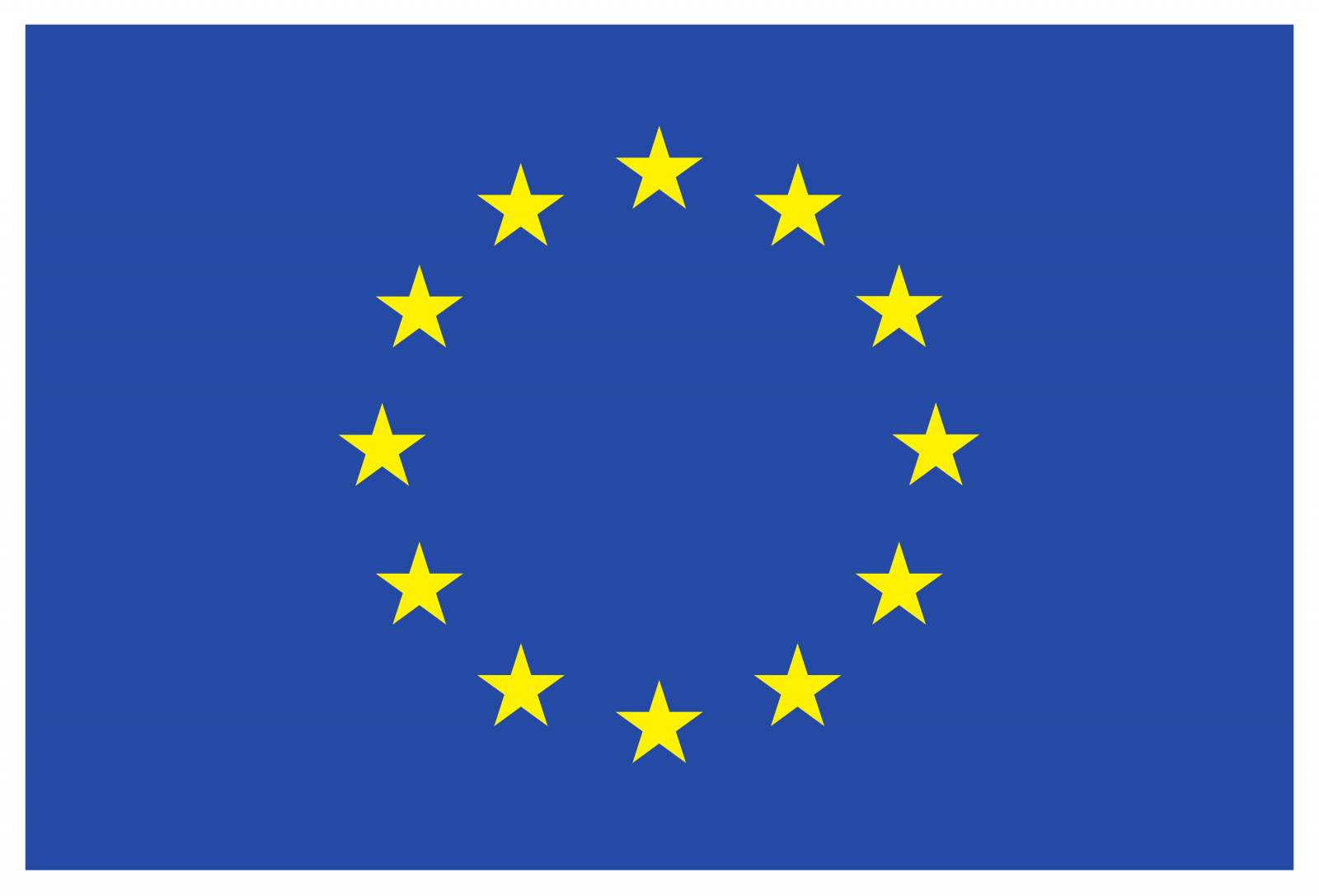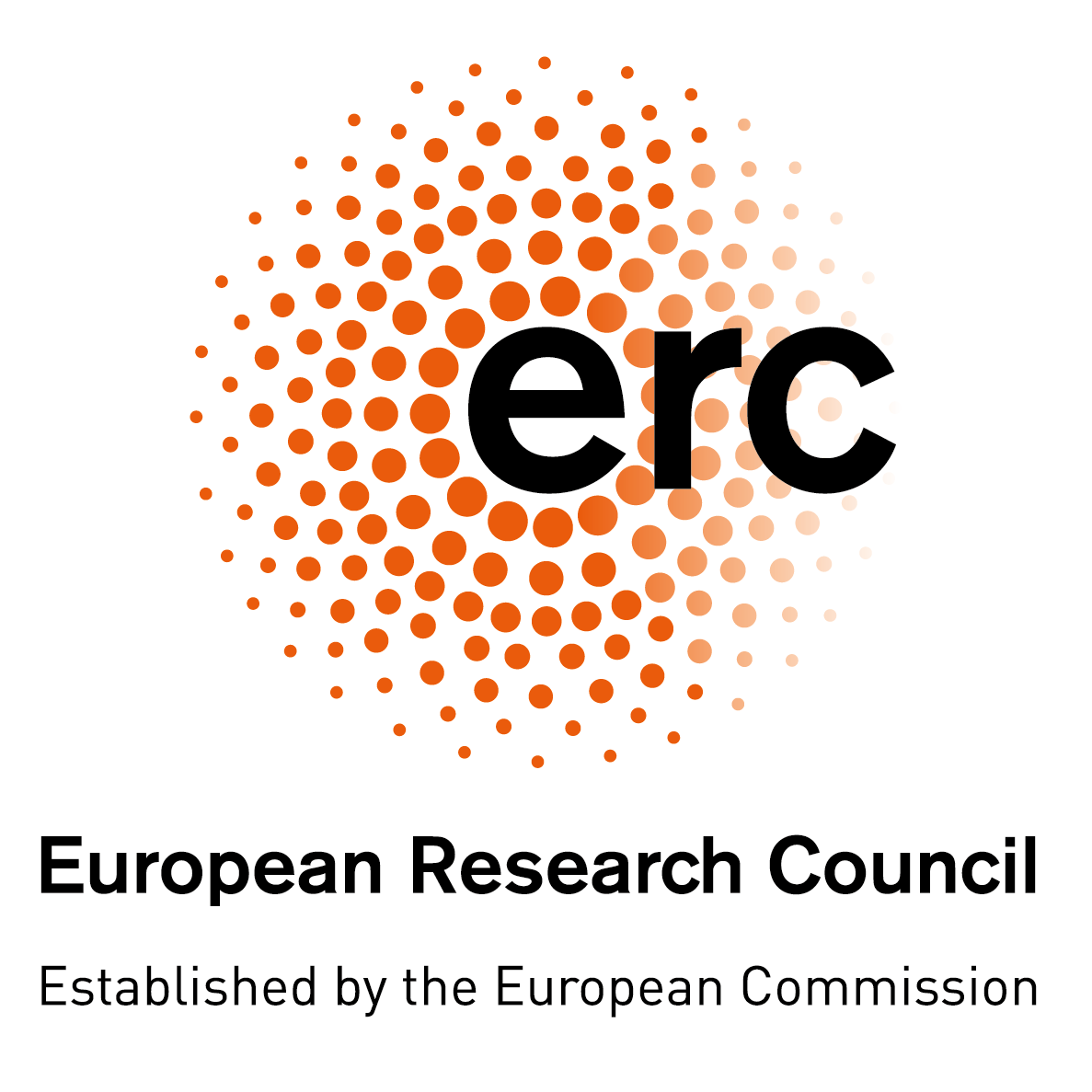The Winter School "Anti-colonial Resistances and institutional racism" aims to provide a space for transnational and transdisciplinary debate on (anti-)racism and its diverse unfoldings in Latin American and European contexts, using participatory methodologies.
The main goal of the School is to offer the possibility of relating different contexts to reflect on and visualise everyday dynamics and institutionalised practices of racism in contemporary times. More specifically, the discussion seminars and participatory workshops propose, on the one hand, to broaden the debate on racism and anti-racism beyond reflections limited to national borders without, however, forging "new universalisms" disconnected from historical contexts; and, on the other hand, to offer participants the possibility to debate about essentializing conceptions and categories that end up hierarchizing and dehistoricizing the (re)production of racism as a structure of modern oppression that crosses and connects nation-states and supranational entities (e. g. the European Union).
We start from the realisation that the denial of racism as a system of oppression prevailing in today's democracies, whether it be in a Europe "without race", or in Latin America’s "racial democracy", still defines the political, media, academic and some social movements' discourses. Thus, the Winter School "Anti-colonial Resistances and institutional racism" will prioritize two axes of discussion: the academic production about the current dynamics of reproduction of racism and the struggles waged by social movements to fight racism. Thus, we intend the school to be a space of dialogue that refocuses the importance of the debates generated in and by the anti-racist movements regarding the demand for the centrality of the analytical and political categories of "race" and "racism", as well as the challenges presented by views from Afropessimism to Antiblackness in the understanding of the current dynamics of exclusion, violence and death as well as the denunciations of the regimes of denial.
The School will focus on the tensions that cross the relationship between academia and antiracist movements in order to generate reflections that challenge the racial narratives and logics that structure public policies (e.g. in the area of internal and urban security; in higher education), the norms and anti-discrimination legislation, the production of knowledge and political struggles. To this end, the School will operate from seminars in the morning and workshops in the afternoon that will be mediated by the team of researchers that make up the POLITICS research project. We intend that the debate arising from the exhibitions in the morning with guests with recognised experience in the discussion, may encourage reflection, criticism and pondering in the participatory workshops. We will also take the opportunity to present some preliminary results of the research under development in the POLITICS project.
The School eschews abstract debates and tries to approach the anti-racist struggle as a political project in open confrontation with colonial legacies and the current power structures installed in the logics of European modernity, paying special attention to the various ways in which anti-colonial resistance movements continue to be confronted today. To this end, the debate will be guided by three central axes:
- National narratives about racism (circumscribed within the nation state);
- Normality versus exceptionality of racism;
- Anti-colonial resistance and political anti-racism.
The proposal of the Winter School "Anticolonial Resistances and Institutional Racism" will have, therefore, as core themes: (post)colonialism, production of knowledge and social memory; grammars of human dignity and racial justice; struggles against institutional racism and decolonial thinking.
Thematic area(s) of the course: Antigypsyism/anti-Roma discrimination, antiblackness; Eurocentrism and knowledge production; racial status, legal struggles, resistance, police violence.
Responsible Researchers:
Silvia Maeso: srodrig@ces.uc.pt
Cayetano Fernandez: cayetanofernandez@ces.uc.pt
Danielle Pereira de Araújo: daniellearaujo@ces.uc.pt
Luana Coelho: luanacoelho@ces.uc.pt
Sebijan Fejzula: sebijanfejzula@ces.uc.pt
Target audience
With the aim of broadening the debate between the anti-racist social movement and the academy, the target audience for this Winter School is activists, members of anti-racist movements and/or organisations, researchers, students, professionals and others interested in discussing the current dynamics of the reproduction of racism and the struggles to combat it.
The Winter School will be free of charge, but those interested should register in advance and send an application. The selection will be made by the responsible researchers based on the interest and relevance of the candidates in relation to the objectives of the school, prioritizing an equitable participation of racialized people. The option for the free modality is justified by the choice of the target public, aiming to guarantee equal opportunities and access among different publics, considering the historical inequalities that are structured in the dynamics of racism.
Working languages: Portuguese and Spanish
Participants: maximum 25 people / Free registration | Lunch included: catering service by Sindicato de Manteros
[REGISTRATION IS NOW CLOSED]
Course organised under the project POLITICS - The politics of anti-racism in Europe and Latin America knowledge production, decision-making and collective struggless (funded by ERC; grant nº 725402- POLITICS- ERC- 2016- COG), in collaboration with Sindicato de Manteros de Madrid.
Contact: Malick Gueye, spokesperson for Sindicato de Manteros de Madrid, a collective formed in 2010 to fight racism and to achieve the decriminalisation of their livelihood, street vending.




